Beauty salons in England have been given the green light to reopen from today, Monday 13 July, but restrictions on face treatments still leave many therapists unable to start working.
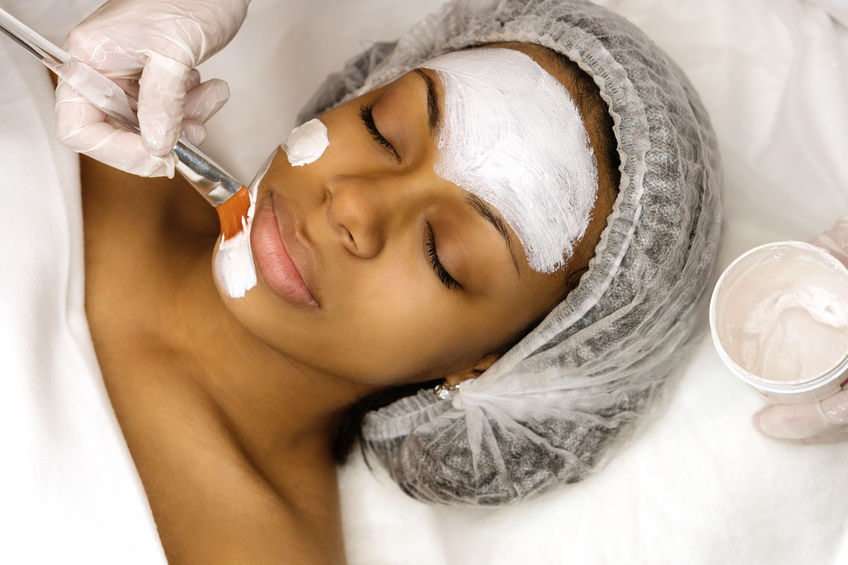
While most beauty professionals ready themselves to welcome clients again, any who solely carry out facial treatments remain on pause and face more financial instability.
The Culture Secretary, Oliver Dowden, was clear in his announcement last Thursday that there would be no beauty treatments allowed on the face yet over fears of spreading the Covid-19 virus.
Aesthetician Dija Ayodele, an advisory board member of the British Beauty Council, spoke about the disappointing statement with Sky News.
She said: “We’re relieved part of the industry can open again…but we’re still frustrated that not all services can get back and people are a little bit fed up now. It’s been four months since we’ve been able to work properly and if your business is strictly on the face, this isn’t very good news at all because it means you still can’t go back to work.”
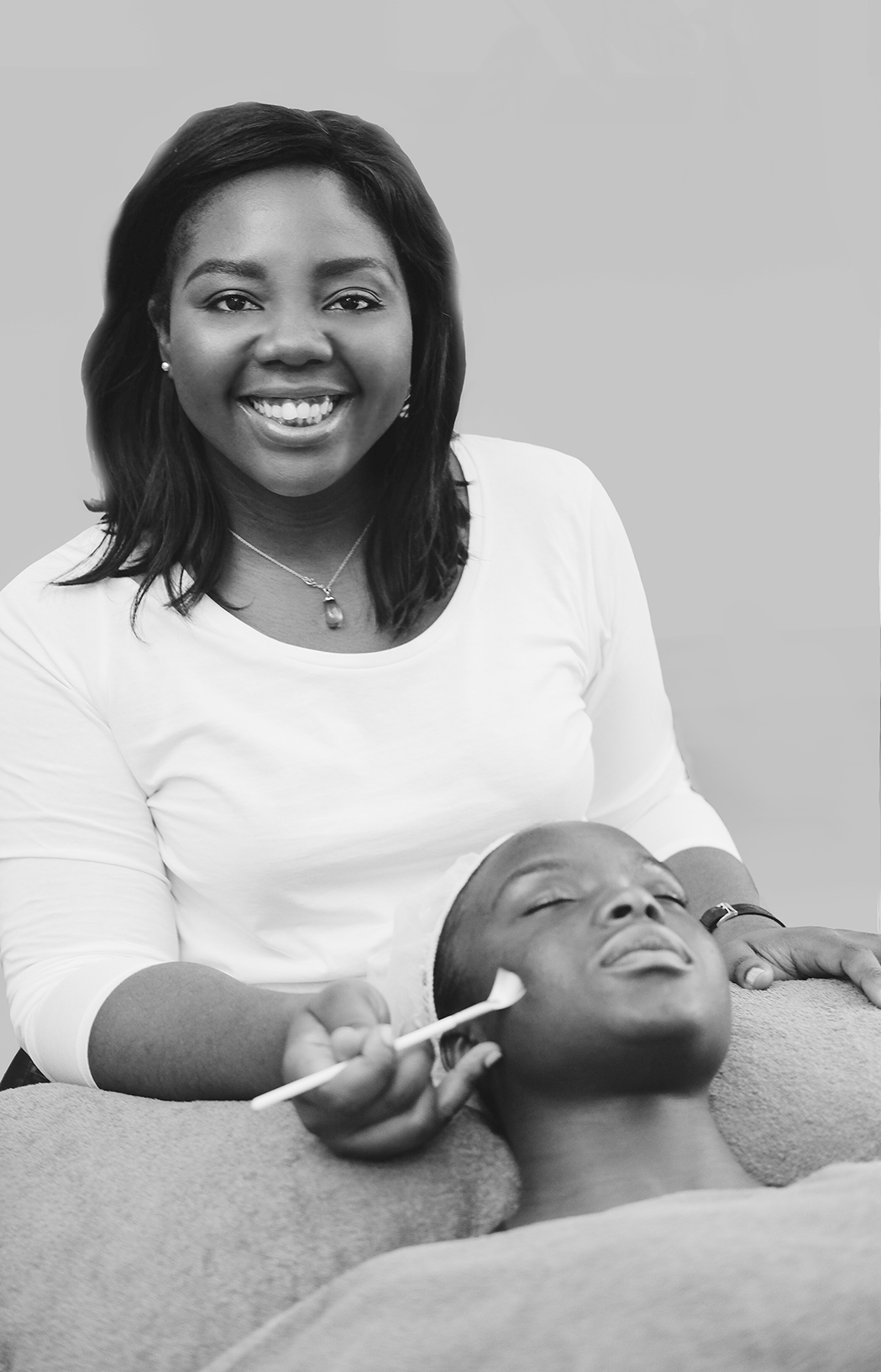
If Dija’s London clinic, West Room Aesthetics, has to remain closed until September, she told Melan she is projected to lose a six-figure sum of money having already lost £55,000.
The facial aesthetics clinic was created to be a home away from home for Black women with luxury service and was open for just six weeks before the lockdown was enforced.
Not being able to open on 4 July with hairdressers and barbers was a “bitter pill to swallow” and “like being invited to a party but all of a sudden, it’s been decided you’re not going anymore”
Not being able to open on 4 July with hairdressers and barbers was a “bitter pill to swallow” and “like being invited to a party but all of a sudden, it’s been decided you’re not going anymore”, she said.
She said: “It’s been a rollercoaster. We had all these grand plans and designed West Room Aesthetics to be a community space and get Black women together as well as it being a space other Black woman could rent at an affordable rate. We had a lot of summer plans too then closed six weeks later so it was a bit of a shock.
“We spent a lot of time and energy converting everything to online appointments and consultations, so we were able to do everything we were used to doing, but just not any treatments. But obviously, as a business, our treatments are where we make money.”
The clinic had a waiting list during beauty’s busiest period between May and July. Dija, 36, also spent extra money prepping for a July opening.
“I have to say though – my clients, the general public, Instagram and social media family – I cannot rate their support enough. It means the absolute world. I don’t think I’ve had one bad word from someone asking how I can push my business in the height of Covid. I know of other businesses which were experiencing that.”
WHAT TREATMENTS CAN’T BE PERFORMED?
- Face waxing, sugaring or threading services
- Facial treatments
- Advanced facial technical (electrical or mechanical)
- Eyelash treatments
- Make-up application
- Dermarolling
- Dermaplaning
- Microblading
- Electrolysis on the face
- Eyebrow treatments
The beauty industry is worth £30bn to the UK economy, according to the British Beauty Council.
Its chief executive officer Millie Kendall argued there was no rationale given for why the beauty sector, which includes massage and holistic therapists, was not allowed to reopen.
Despite the huge value of beauty and the high level of sanitation practised by staff, beauticians felt second best to hair stylists, who opened for business a week earlier, alongside pubs, restaurants, museums and cinemas.
Being able to now return to work was the news the beauty industry had been waiting for, but it presents a problem for those salons offering mixed services like Nails & Brows in Mayfair.
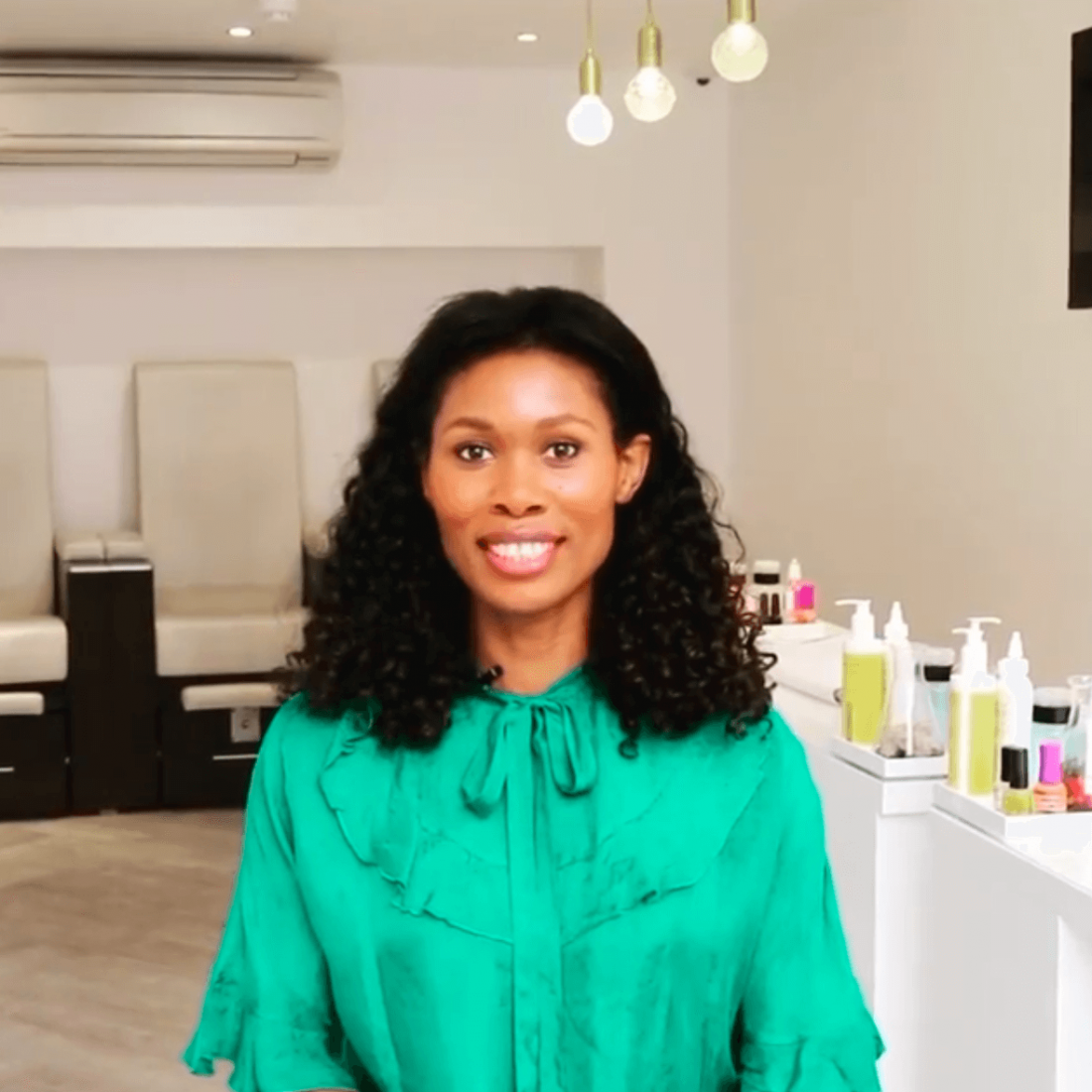
Boutique founder, Sherrille Riley, said: “We’re of course, extremely excited, relieved and happy to be given the green light to reopen, but the lack of notice is slightly frustrating.
“We had already been gearing ourselves up on the health and safety front, but there are other factors on the business planning side to consider and three days’ notice is frustrating. For example, the majority of our team are women and mothers, and will now have to look to arrange emergency childcare.”
The restrictions mean virtual brow appointments will continue into the future.
All client-facing staff will also be privately tested for Covid-19 and like most beauty professionals, will wear masks and/or visors and gloves when performing treatments. She said: “The restrictions for our type of business are extremely inconvenient and for us personally, not economically viable. As well as nails, our revenue comes from the brow treatments we offer. Removing these treatments from the menu, in addition to the reduced capacity for our nail treatments due to social distancing rules, means we will reopen with additional losses.”
To compensate for the reduced capacity, Sherrille will open Nails & Brows on Sundays too. She is nervous of the future and has no idea of how soon clients will feel confident enough to return.
She added: “What I appreciate the most as a small business owner is the provisions made to furlough the majority of our team. Without this, we almost certainly would’ve had to have made mass redundancies. Although we’re very grateful for the Government grant and the business rates reduction have helped us tremendously, the financial hardship is still very much real.
“We’ve essentially lost four months of revenue in what would have been our busiest time of the year.”
“We’ve essentially lost four months of revenue in what would have been our busiest time of the year. It’s hard to predict what will happen until we open. I think it could take months for some members of the public to feel confident to visit salons – not because they’re unhygienic but due to fear of the virus – which undoubtedly makes me very nervous of what is to come in the future.”
Siobhan Cadette echoes Sherrille’s annoyance about not having enough time to prepare for a grand reopening and will also have to reduce services.
She went full-time with her first solo venture, Wax Pot London in Hackney Wick, at the start of February and was forced to close the following month. “I’m over the moon that I’m allowed to go back to work. I wish there would have been more notice but I’m just happy to get back,” she said.
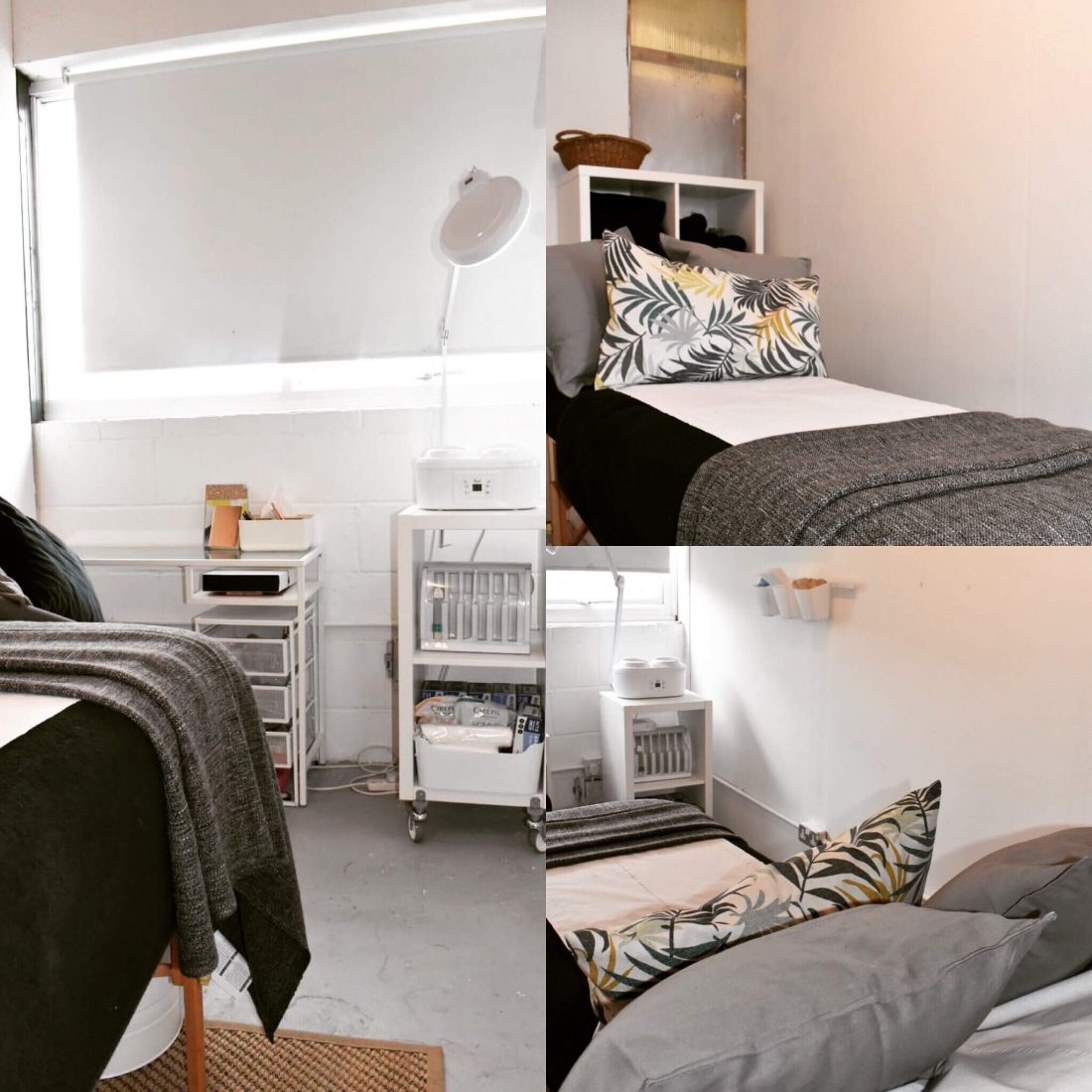
With no income, Siobhan has depleted her savings and maxed out her credit cards. She didn’t qualify for a self-employment grant so had to sign onto Universal Credit and received no discount on her salon’s rent because the building itself could remain open.
She said: “Usually I’d make £1,700 a month and with it going into the busy period, I’ve lost about £5,000 and about £1,600 on my space.
“If I didn’t have my savings, I would have lost my whole business.”
“It shocked me, especially being self-employed because that’s my only source of income. If I didn’t have my savings, I would have lost my whole business. During lockdown I’d been thinking about what else I can have which complements what I do so if we get a second wave, I’ll still have a source of income because if that were to happen, I don’t know how I’d cope to be honest.”
The Government’s method of easing lockdown restrictions has come under fire from all directions, particularly for being confusing and conflicting at times.
When major parts of the hospitality and leisure industry were given the green light to open, Prime Minister Boris Johnson said he would allow “some other close contact services such as nail bars” to reopen “as soon as we’re confident they can open in a Covid secure way”.
“What I found really annoying was they’d always grouped hairdressers and beauticians together and then all of a sudden, now we’re two separate groups,” Siobhan, 28, added.
The PM declared he was looking forward to a pint and a haircut, but on a different occasion appeared to laugh with ministers in the House of Commons when asked about the beauty sector.
A question was raised by Stockport MP William Wragg and the reaction caused a huge outcry from the industry.
The decision to keep beauty salons, nail bars and spas shut was widely branded as sexist and saw Parliament accused of displaying “chauvinistic behaviour” by the Beauty, Aesthetics and Wellbeing All-Party Parliamentary Group.
Renita Patterson, 30, who treats clients from her home-based For You Beauty in Battersea, said the House of Commons incident was “pretty dreadful”.
She continued: “One stigma with the beauty industry is people think it’s just nails and making people pretty, but it’s such a vast industry and some people do require treatments for medical reasons, pain relief and general wellbeing, especially massage. There’s a lot more to beauty than what people think.
“Lots of therapists have felt frustrated because everything that’s not necessarily good for you was opened but gyms, leisure centres, spas and salons couldn’t, which makes you question if the Government actually cares about our wellbeing and mental health.”
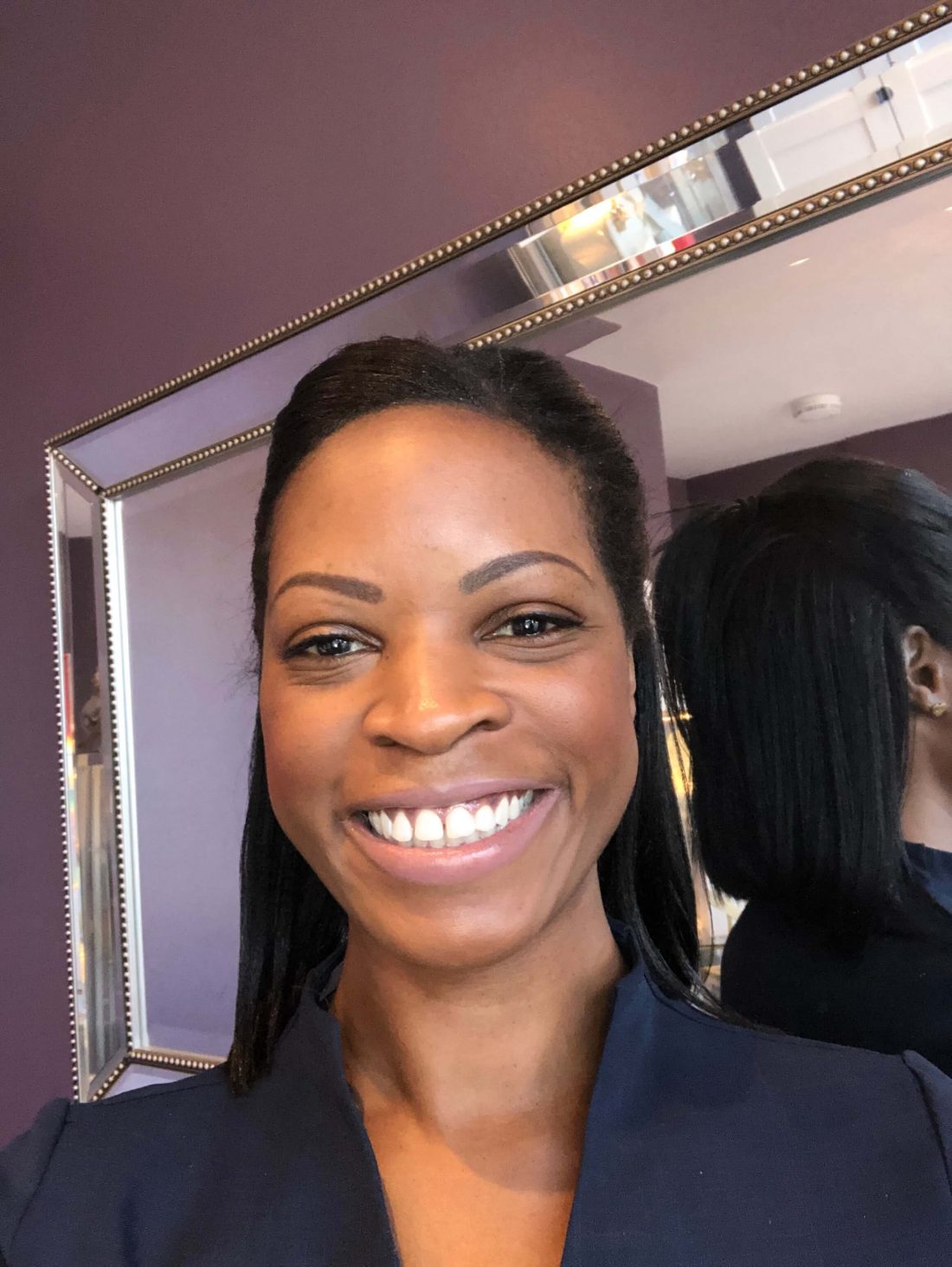
As testing as it’s been for beauty professionals not been able to earn money, Nicola Williams, 41, from Birmingham, understood the Government’s decision to delay opening salons.
“We’re face-to-face with these clients for a lengthy amount of time. If I do a facial, I’m inches away from your face. If I’m doing a massage, I’m in the same warm room for a long period of time. Everyone’s thinking about the need to make money and I think they’re putting safety to the side of that unfortunately,” she explained.
Former luxury spa manager Nicola has spent 24 years in the industry but opened the award-winning Inner Peace Wellness just over three years ago, focusing on holistic therapies and massage.
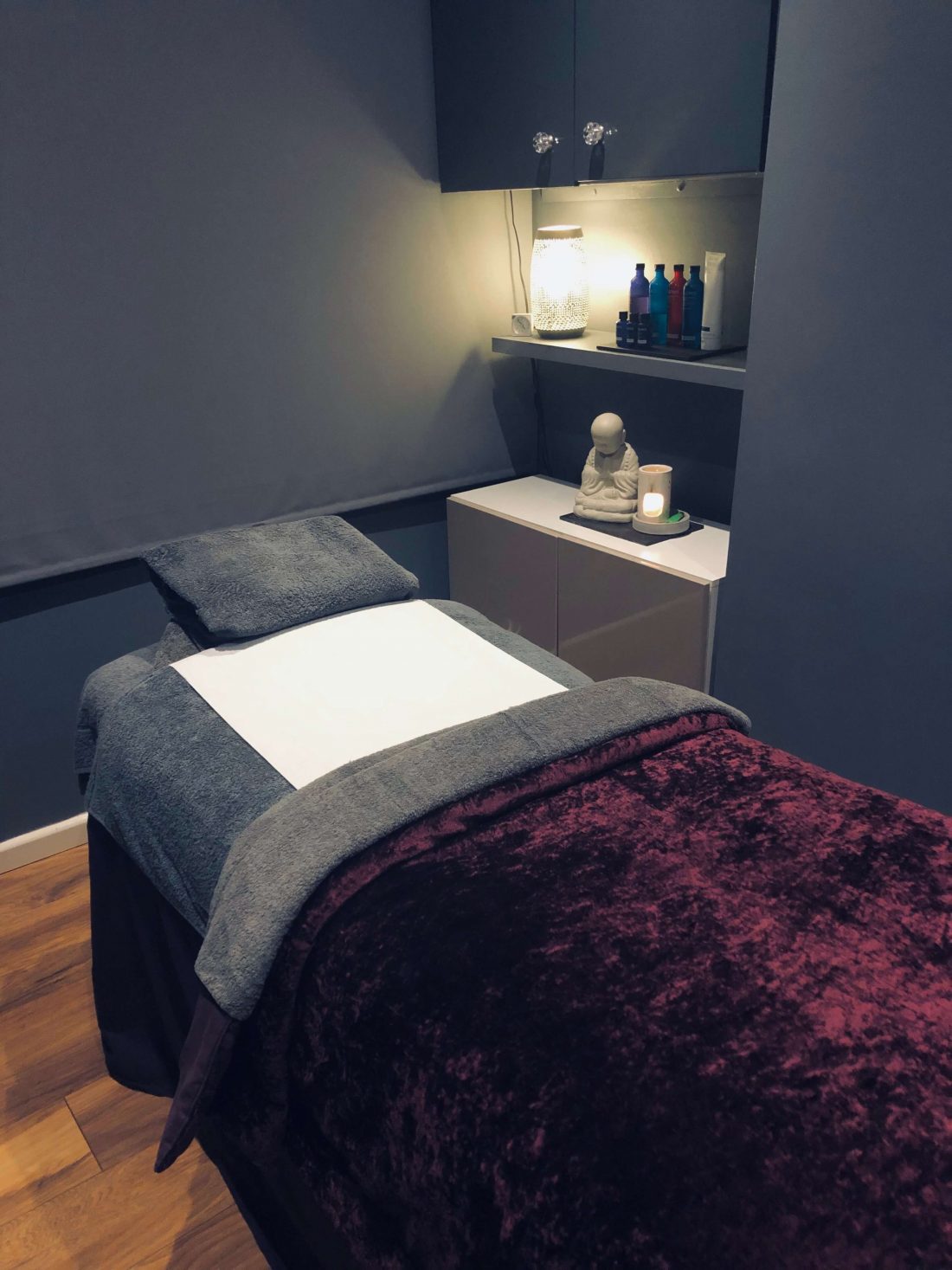
She said: “It wasn’t until working in a hairdressers that I realised beauty and hairdressing are completely different environments. In beauty, we wipe down everything after a client, change towels, surfaces are wiped down and our hands are washed before and after each client and treatment. If the client has a cough or cold, they’re turned away. In a hairdressing salon, you’re not. The cleaning specifications for hair and beauty are very different in practice.”
The message from the women Melan spoke to is the beauty industry was as ready, if not more ready to open than other industries.
Most of the PPE and safety measures implemented were already part of their norm.
“Being a therapist, especially being a Black therapist, I’ve got to work that bit harder to show I’m different to what people expect me to be. It’s important someone comes into my little salon and sees the same level of cleanliness as people get in a spa or health club.”
Nicola added: “Being a therapist, especially being a Black therapist, I’ve got to work that bit harder to show I’m different to what people expect me to be. It’s important someone comes into my little salon and sees the same level of cleanliness as people get in a spa or health club. I’m not saying we all are though. The issue in the UK is the beauty industry isn’t governed as such.
“A lot of therapists have probably done an online course or done a one-week course rather than a year’s course. Nobody comes out yearly to our business to see if we’re trading the right way so whether the Government’s thinking was, ‘We don’t know how many businesses are actually at a high standard’ – I don’t know.”
Allowing salons to relaunch some services would have been a happy medium the Government could have reached well before now, Nicola felt, as well as introducing a specific financial scheme for young businesses. In revenue alone, she has lost about £12,000.
“I think we would’ve all been happy doing some treatments and not others sooner than now. I would have been. More so because I love what I do and making people feel better, and I understand people are struggling right now.”
It’s uncertain when all beauty gurus will return to work but the furlough scheme in its current form ends on 31 July. From August, businesses will pay more towards the furlough scheme which will add to the burden for independent salons.
Written by Vicky Gayle – Follow her: @vi_gayle












